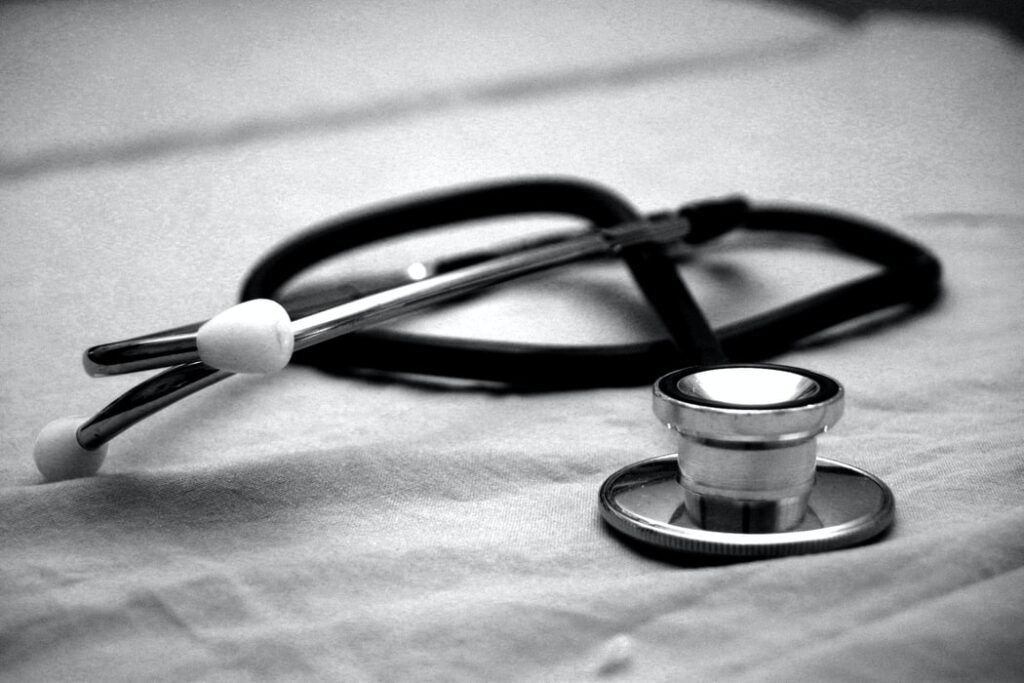When Alvin Dixon El’s son was killed he found himself depressed and unable to work. Soon he was not only out of a home but without health care. He had trouble finding the help he needed.
While living on the streets Dixon suffered from depression as well as other physical problems and was unable to obtain adequate treatment because he didn’t have health care.
“It was extremely difficult [to find health care],” Dixon said. “I have some physical problems, but depression is my number one problem.”
Dixon is not alone.
The majority of the cities’ homeless don’t have health care. Those who do have coverage, such as Medicaid and Medicare, find themselves without coverage in case of serious illness.
This is particularly troubling because people living on the streets are up to three times more likely to suffer from typical colds. Without a home to go into to heal, symptoms usually get worse before they get better, according to the National Heath Care for the Homeless Council (NHCHC). It is even harder for the homeless to treat health issues that require long-term rehabilitation such as tuberculosis, HIV/AIDS, diabetes, hypertension, addictive disorders, and mental disorders.
In an effort to raise awareness about health care for the homeless, NHCHC is sponsoring the first annual National Heath Care for the Homeless Week March 21-26 with cities around the country, including Washington and Baltimore, holding events.
“We felt this might be a good way for us to help local health care for the homes projects to tell a story about what they are doing in the community,” said John Lozier, executive director of NHCHC.
The Healthcare Council is made up of 67 individual organizations, 33 states, Washington D.C. and Puerto Rico, all of which provide health care services for the homeless through medical centers set up in shelters, vans that travel to places where the homeless congregate, and other social services.
The Washington based organization, Unity Health Care, plans to commemorate the week by dedication a new van that was recently donated.
“We need to keep the plight of homeless people I the minds of people who walk by them or drive by them like they don’t exist every day,” said Jose Aponte, chief operation officer at Unity Health Care.
Unity Health Care served over 55,000 people in 2003; 20% of those are homeless and the other 80% are working poor, uninsured and immigrants. Of those people, 66.56% are uninsured, of the rest, 27.13% have Medicaid and 4.76% have Medicare. Only 1.55% of Unity’s clients are privately insured.
Dixon was one of the 66.56% who were uninsured when getting help from Unity for the first time. Through Unity, Dixon met a counselor who helped him apply for federal health care and referred him to a psychiatrist to help him overcome depression.
A couple years later, Dixon is now on Medicaid and is receiving medication to help him combat depression. The only problem with Medicaid, he says, is finding a health care provider who will accept it and will help him with his new dental problems.
Many of the insurance statistics are the same in Baltimore, Md., where 70% of the 8’000 people that Baltimore heath Care for the Homeless serves statewide are uninsured, according to the organization.
“Unfortunately, homelessness has only risen [in the last 20 years],” said director of external affairs for Baltimore Health Care for the Homeless Kevin Lindamood.
The Baltimore branch of Health Care for the Homeless will observe National Heath Care for the Homeless Week by hosting an art show at the American Visionary Art Museum, that will feature artwork from Health Care for the Homeless clients who were formerly homeless.
Besides providing the area’s homeless with health insurance, both Unity and Baltimore’s Health Care for the Homeless attempt to help people in finding adequate housing.
“Housing is health care,” said Lindamood.
In connection to Mercy Medical Center, Baltimore Health Care for the Homeless also offers special aid to homeless children.
According to the National coalition for the Homeless, children who don’t have a home are in “fair or poor health” twice as often as other children, and have higher rates of asthma, ear infections, stomach problems and speech problems. They also experience more mental health problems, such as anxiety, depression and withdrawal. They are twice as likely to experience hunger, and four times as likely to have delayed development.
“{Homeless people} tend to be invisible in society,” Lindamood added. “But their needs are so great.”




